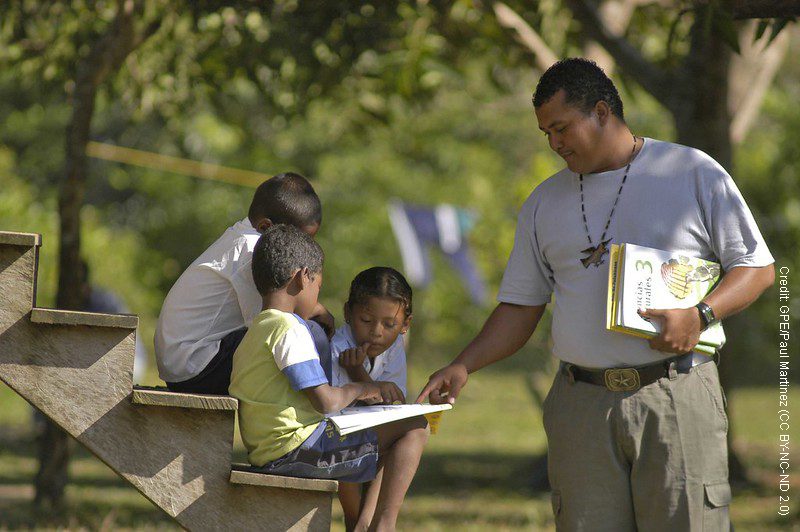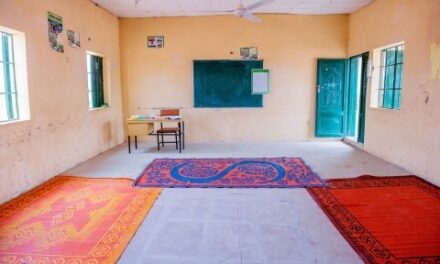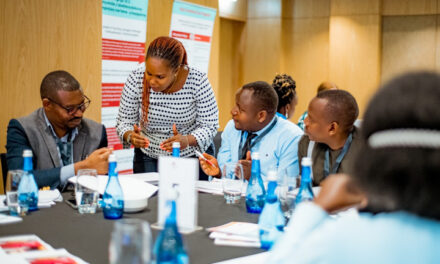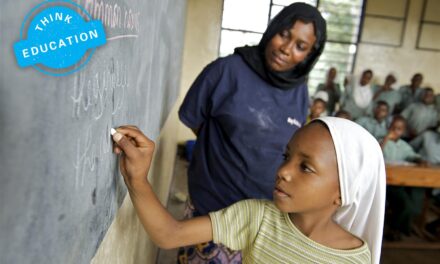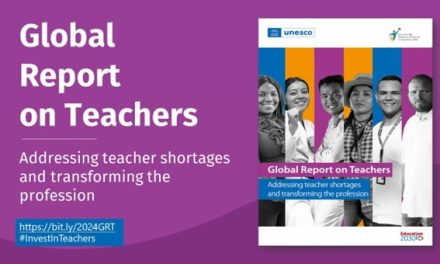This blog was written after the 2021 UKFIET conference by the co-convenors of one of the six conference themes: Rethinking the Education Workforce. The co-convenors are Claire Hedges, Senior Programme Manager at the International Development Office of The Open University; and Katie Godwin, Head Research Associate at the Education Workforce Initiative, Education Commission.
The ‘Rethinking the Education Workforce’ theme of this year’s conference explored opportunities that move beyond teachers working in isolation to look more holistically at how to leverage the existing capacity and expertise of the wider education workforce. In doing this, presenters focused on a broad range of actors – many of which have previously remained largely invisible in education research – and suggested ways to engage the wider education workforce (including the middle tier, families and communities) in building back better. We would like to thank everyone who participated for their thoughtful presentations and stimulating conversations.
In the opening plenary, we heard from Hanan Al Hroub, a teacher from Palestine awarded the Varkey Foundation Global Teacher Prize 2016, who spoke about teacher wellbeing. She made us think about how we support teachers holistically, and challenged us by asking: How can a teacher who does not feel safe provide safety and learning to children? This theme resonated in other sessions, especially ‘Exploring coherence in education workforce policy’ in which participants and presenters emphasised the importance of understanding who becomes a teacher and what motivates them, especially those often left out of education agendas, such as the private teaching workforce.
We learned about the critical role that caregivers, siblings and the community play in student learning and wellbeing, and how important it is to continuously communicate with these individuals and clearly articulate their role in their child’s education. We heard about some of the levers that can be pulled on to engage families and communities. For example, we discussed that while it might be difficult to influence the time caregivers have to dedicate to their child’s learning, schools and the education workforce can promote community and caregiver self-efficacy and perceptions of their role in their child’s learning. Leadership also came out strongly as key to promoting the impact of these roles, including harnessing existing leaders within parent groups and the community.
Conversations around engaging the workforce in research highlighted the value of ‘slow research’, where school leaders, teachers and other actors could ask their own questions and collect their own evidence. Using Networked Improvement Communities and an improvement science approach was one such example. These conversations also revealed that there is much more we need to know about how to undertake research during crises, and that the health sector might have helpful lessons to share.
We explored the evolving uses of technology for professional development and the role of networks of teachers and educators in engaging communities and caregivers. How differing power structures impact relationships moderated by technology and affect access to technology and relationships, including how to bridge last mile access issues, were debated. Participants reflected on the changing dynamics between school and communities and how new forms of communication could be both disruptive and more democratic. Ideas on rethinking how technologies could be used, such as creative use of messaging and local group work through WhatsApp, were spotlighted. A patchwork of different technologies and communications emerged within each context – dynamic and responsive to the local needs of the diverse range of actors now supporting children’s learning.
The closing plenary highlighted an often neglected but critical set of actors: those working at the ‘middle’ of education systems. In particular, presenters discussed how agency and motivation can be cultivated through innovations in middle-tier role design and professional development that focus on problem solving, emotional intelligence and teacher wellbeing.
We learned so much alongside the presenters and participants, and we look forward to seeing how the questions and debates raised during the conference continue to evolve and how the insights that emerged impact future research on the education workforce.

